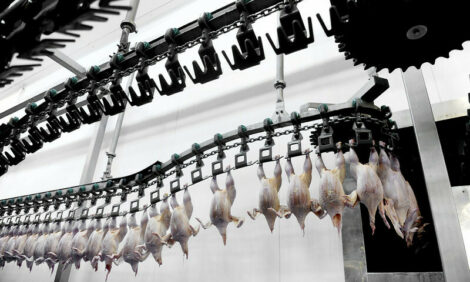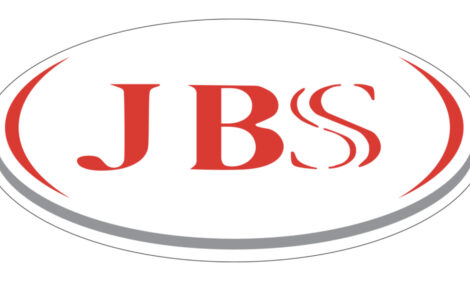



Bird Flu Support Was Too Late for Poultry Sector
ANALYSIS - Measures that were introduced by the European Commission to support the poultry and egg industries at the height of the highly pathogenic avian influenza (HPAI) crisis in 2006 were too little and too late, writes Chris Harris.The support measures came into effect after the industry had started to see a recovery.
And the measures were not well communicated so that it made it difficult for some sectors to apply for support and to receive it.
The Evaluation of the Exceptional Market Support Measure in the Poultry and Egg Sector calls on new support measures in the event of future crises to be written into the reforms of the Common Agricultural Policy.
The report by AgraCEAS Consulting for the European Commission said that after the industry had seen a slump in some areas because of outbreaks of avian influenza in 2005 and early 2006, the industry itself had started to manage a recovery of the situation.
The recovery was also greatly helped because the media started to lose interest in the issue which helped to restore consumer confidence in poultry.
The report says the exceptional measures that were suggested to reduce production should have played an important role in the recovery of the sector.
"However, the Exceptional Measures were not announced until July 2006 and the earliest that the industry could reasonably have been aware of the exact detail of the measures was June 2006 following discussions on the draft Regulation," the report says.
"Given that the recovery started in March 2006, it is, therefore, impossible to conclude that the Exceptional Measures had a direct causal impact in terms of returning the markets to stability, although the expectation that the Commission was to provide some form of assistance may have had an indirect impact.
"Payments under the Exceptional Measures were made from late September 2006 to the end of May 2007, with the main payment period falling in late 2006/early 2007.
"Payments were therefore made too late to be a direct causal factor in the recovery of income, although again the expectation of some form of support may have been indirectly beneficial.
"However, the support did have a clear positive impact on income when the payments were made and this would have assisted producers in meeting rising demand as consumer confidence returned."
The report also says the Commission failed to communicate the exceptional measures to the industry.
"The main failing in response to the crisis was an incoherent and at times unhelpful approach to communication," the report says.
The Agra CEAS evaluation calls for a coordinated approach across the EU to exceptional support measure in the event of future crises.
"Any future use of Exceptional Measures should be harmonised by specifying the implementing procedure very carefully in the Regulation in order to minimise the mechanisms or regulatory processes that Member States have to add themselves," the report says.
"Consideration should be given to whether implementing rules should be specified individually by Member State to ensure that differences in the legislative environment can be addressed."
The report adds: "In any future use of similar measures Member States should be encouraged to promote their availability through channels which intended beneficiaries might reasonably be expected to be aware of and to facilitate the submission of applications through simple procedures and appropriate application windows.
"Consideration should be given to increasing the proportion of EU funding in order to reduce the risk that some Member States will be reluctant to provide co-financing.
"A common approach at the EU level should be aimed for in any future crisis to avoid distortions of the Internal Market."
And it concludes: "Consideration should be given during the CAP reform process to including the provision to take exceptional measures across all commodity regimes and agricultural sectors."
Further Reading
| - | You can view the full report by clicking here. |








